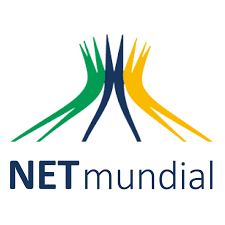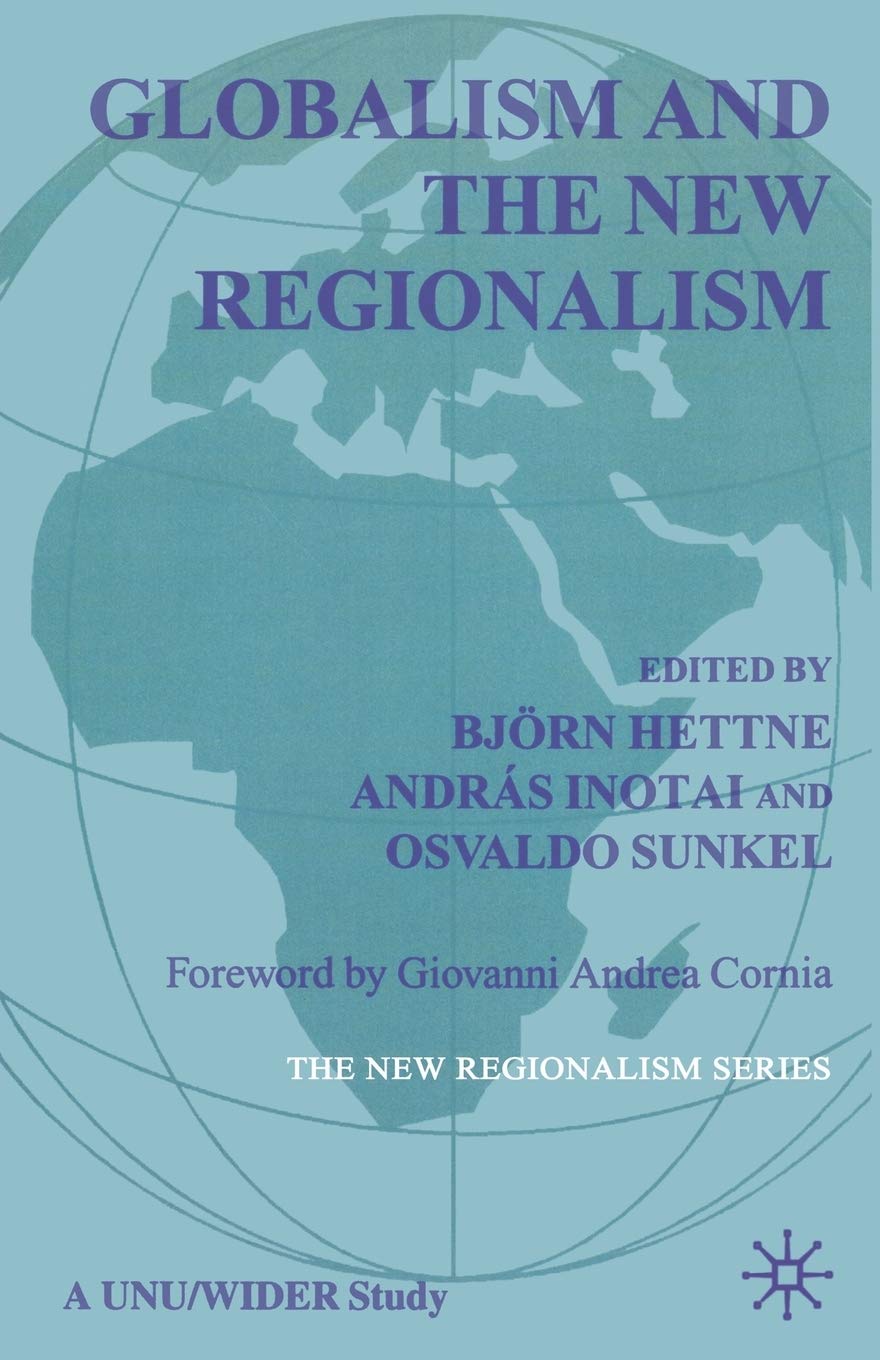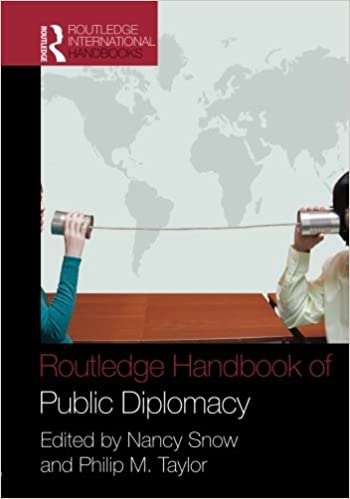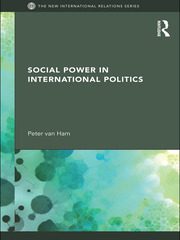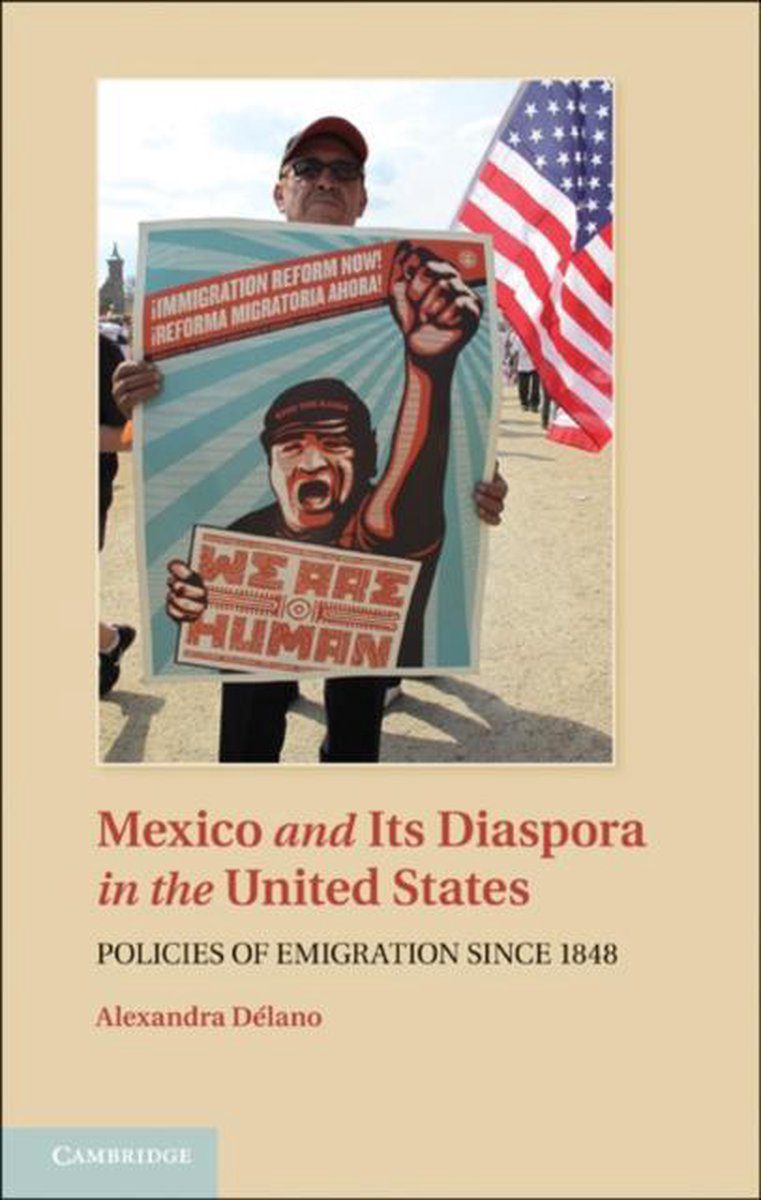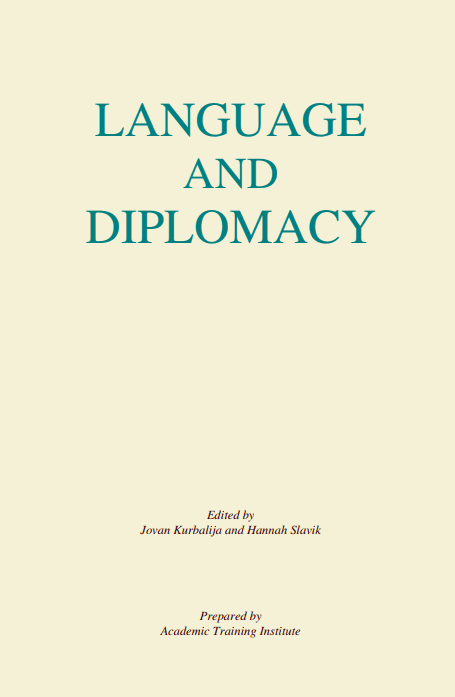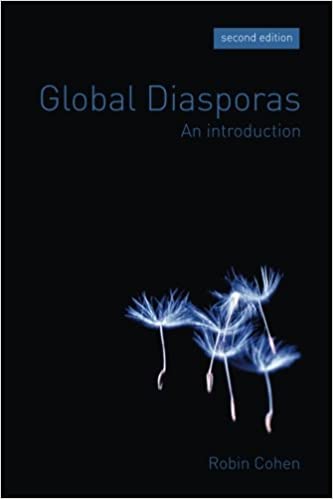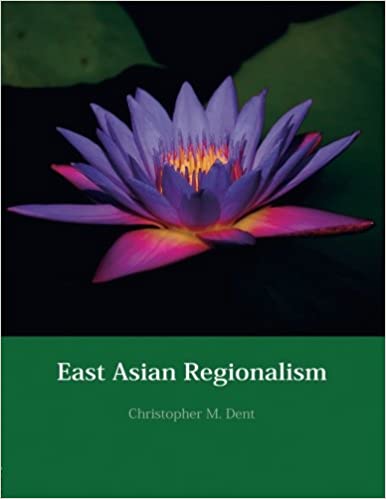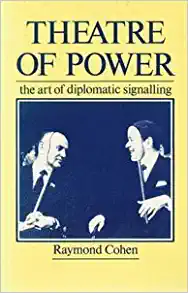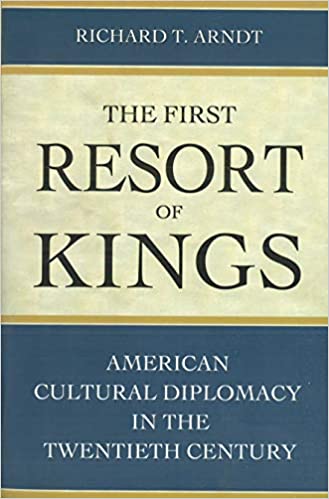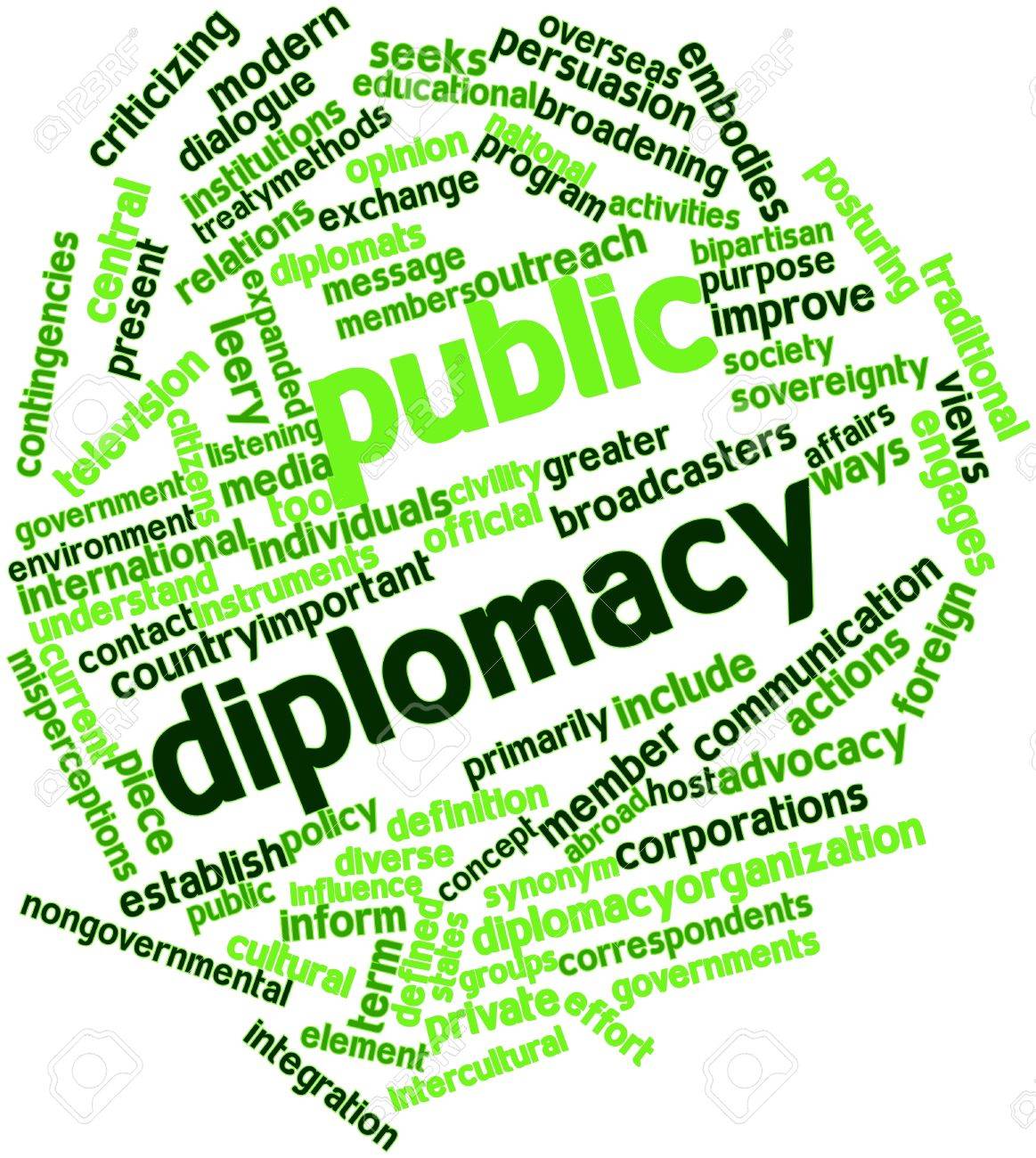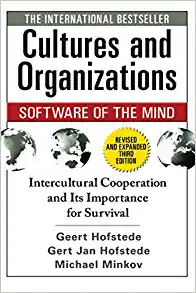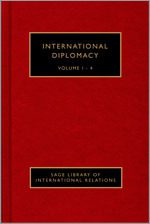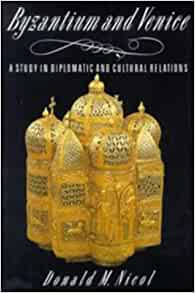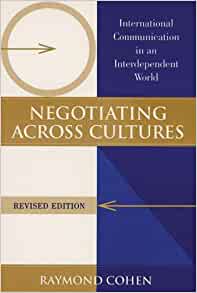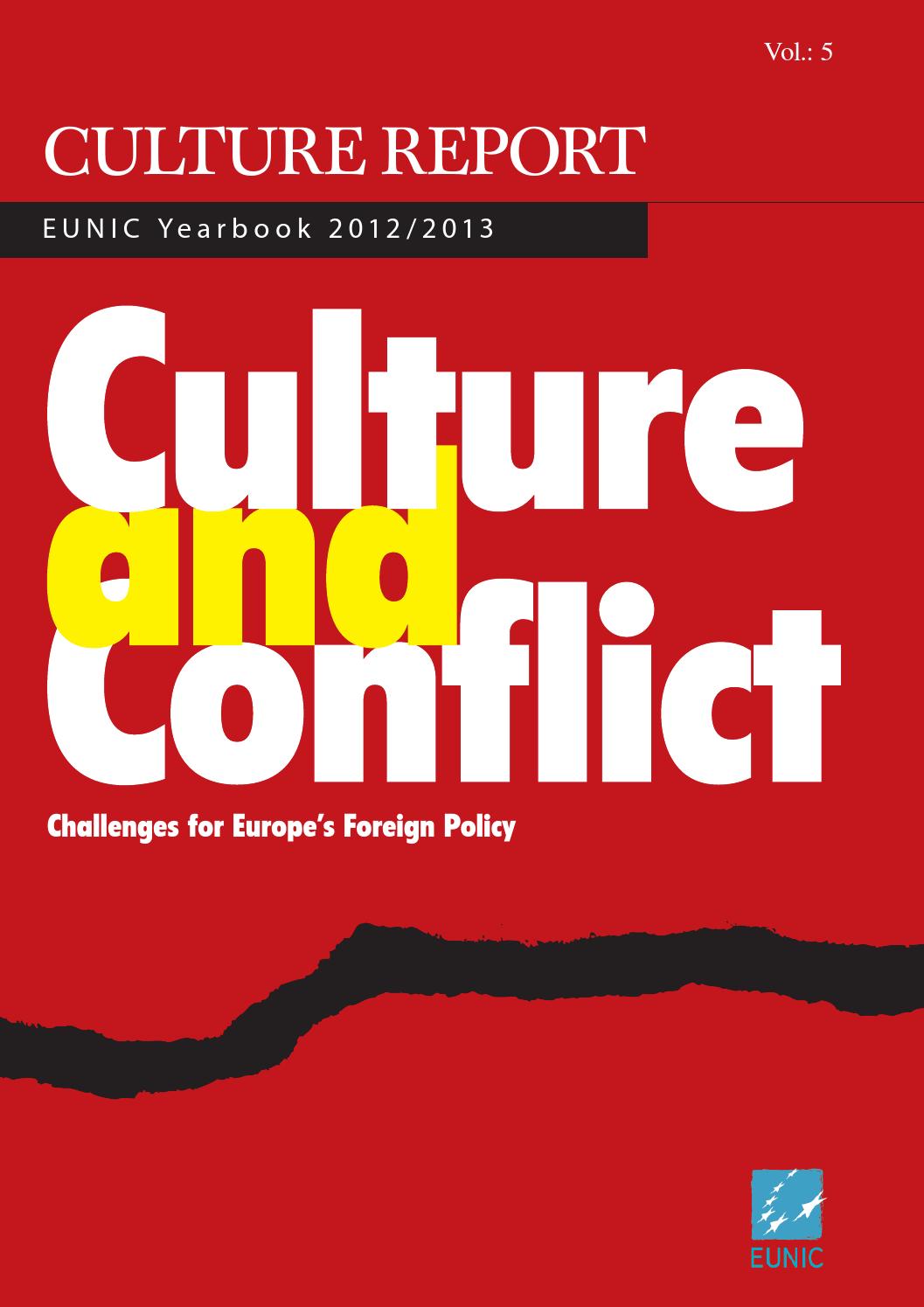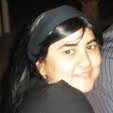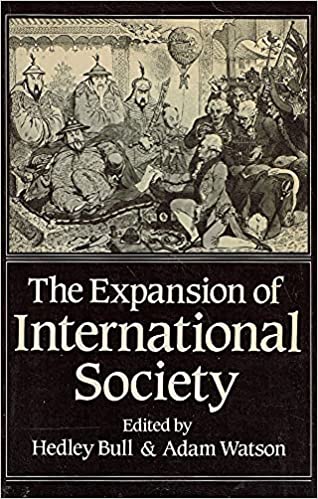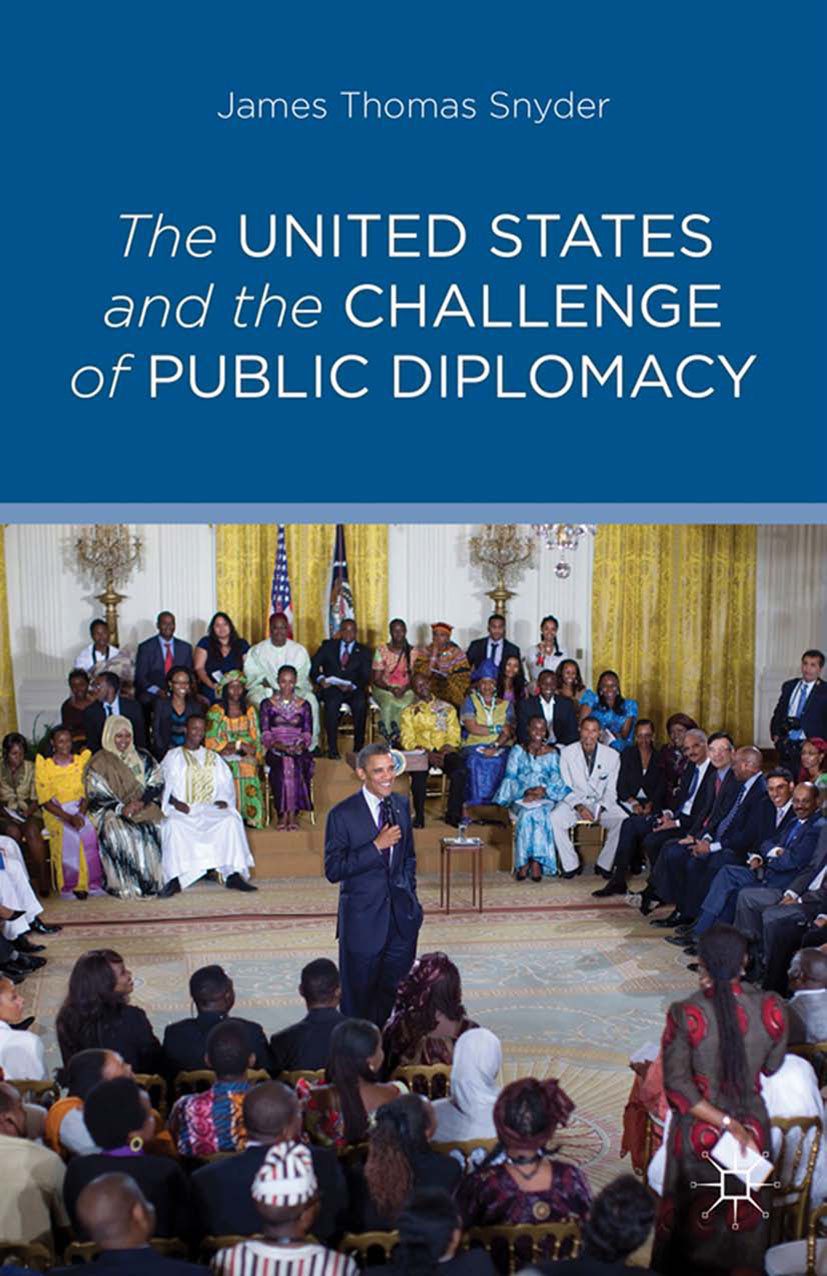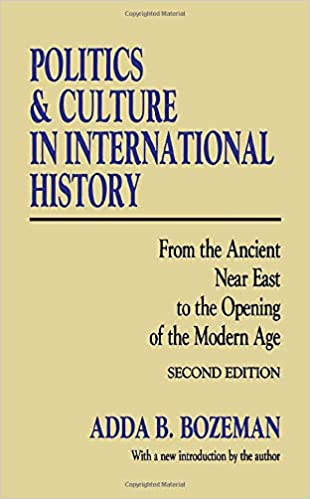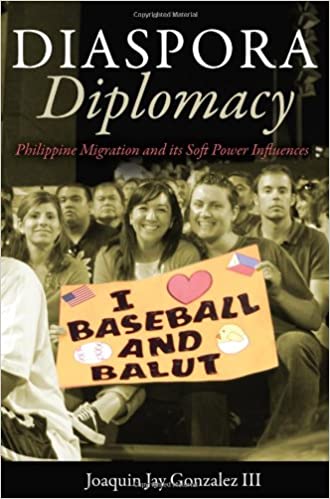Author: Marina Tuneva-Jovanovska
Intercultural communication in Macedonia: Different people, different stories
2004
When, three years ago, a friend of mine from abroad paid me a visit after a long absence, in typical euphoria we talked about our joint memories and time we had spent together in the past. However, a moment that occurred during the meeting made me feel unusual, almost uncomfortable.
Walking around in places new for my friend, we paid a visit to a village in the west of the country, a typical idyllic place, full of peacefulness. In front of a shop, two men were sitting playing cards. After a while, one of them stood up and greeted several guests who were entering the nearby restaurant where he was probably working. The other man greeted us and asked us if we needed something from his store. My guest noticed that they were speaking different languages. One of them was Macedonian and the other, Albanian. Probably that is where he got the inspiration to ask me later how the Macedonians and the Albanians live in Macedonia. How do they communicate? Is there friendship everywhere as in that village? I remember that it took me a few seconds to respond concerning what I thought or what different concerned parties thought.
At that moment, I felt as if I were standing in front of a treasure chest in the middle of a street, not knowing what was inside it: I am tempted to open it. Perhaps it contains something valuable and I should give it back to the one who lost it, but for a moment I think that something unknown is inside, something dangerous. The dilemma is that what lies inside may be either pleasant or bad.
I was faced with the same image when I answered the question how do we, the two nations, live together, how do we communicate. The answer to this question coming from two different people may reveal two opposite viewpoints, the optimistic and the pessimistic.
By the way, I would like to mention that here I will focus on communication between the Macedonians and the Albanians, considering that these are the two largest ethnic groups in the country and even more, that these two groups were involved in the military conflict in 2001. Just as a clarification, according to the census carried out in 1994 the population of the Republic of Macedonia is composed of 66.6% Macedonians, 22.7% Albanians, 4% Turks, 2.2% Roma, 2.1% Serbs, 0.8% Macedonian-Muslims, 0.4% Vlachs and 1.2% other nationalities. 1State Statistical Office, Republic of Macedonia (website) available at: https://www.stat.gov.mk/english/index_eng.htm#. According to the preliminary results from the census carried out in 2002, the total population in Macedonia is 2.043 million; however, the 2002 data for the national composition were not available at the time this paper was written.
Seen Through the Pessimistic Prism
The pessimistic viewpoint leads us to think that the two largest communities in Macedonia (the Macedonian and the Albanian) remain stubbornly locked in two parallel universes. Inter-ethnic relations are often placed in a framework of ancient hatred of unlimited duration. Simply said, both communities act as if the other one does not exist. The pessimistic considerations continue: members of the different ethnic communities do not want to listen to the fears, desires and opinions of “the others.” Everyone remains closed inside his community, which is also closed. In literature, poetry and music, one cannot find art made by members of the other community. The cultures are different and there are no attempts to open any channel of communication.
At the academic level, the situation has been summarised as follows: “Partially due to the political appetite of the Albanian leaders and in combination with the reluctance of the Macedonian authorities to review the Albanian issue, the Albanian community in Macedonia was excluded from the decision-making on some of the most important issues that concern the Macedonian statehood.” 2Vladimir T. Ortakovski, “Interethnic Relations and Minorities in the Republic of Macedonia,” Southeast European Politics 2.1 (May 2001), 24-45. Just to remind the reader, the Albanians boycotted the referendum for independence of the country in 1991, the adoption of the Constitution, and the census in 1994. All of this, followed by the unfortunate events in Gostivar and Bit Pazar in 1996, when the inter-ethnic tensions in Macedonia produced the first civilian victims, provided fertile ground on which the antagonism between the two ethnic communities could grow.
In the following years, the gap between the Macedonians and the Albanians continued to grow. The Macedonians said that they did not want to have anything to do with the Albanians, and the Albanians responded in the same fashion. For example, most of the Albanians were displeased about the formulation of the preamble of the Constitution (which has now been altered), disagreeing with the statement that “Macedonia is a state of the Macedonian people, as well as of the members of the other ethnic groups who live on its territory.” Instead, they demanded that the preamble say that Macedonia is a state of “all citizens,” so that the name of their ethnic group would be highlighted. With the recent change in the text of the preamble, Macedonia became a joint state of “the Macedonian, Albanian, Turkish, Roma, Serb, Vlach people, as well as of all other ethnic groups who live on its territory.”
Dissatisfaction was also manifested concerning the alleged unequal participation of the minorities in state institutions. Participation is now regulated through the decentralisation of the central government, an obligation that comes directly from the Framework Agreement, which I will focus on later in this paper.
Divided Media and Different Reality
The participation of the media and its role in creating and perpetuating ethnic tension is undeniable. “The media were either becoming prisoners of their ethnic prejudice, or they were choosing to support certain political interests,” the Macedonian Helsinki Committee comments in its 2001 report. 3Interethnic Relations in Macedonia: Joint Statement by IHF and Helsinki Committee of Macedonia, IHF, 18/04/2001; available at https://www.greekhelsinki.gr/english/reports/HCHR-RM-reports-macedonia.html. Some of the Macedonian language newspapers reported that the isolation of the ethnic Albanians was becoming increasingly strong. “Soon we will see new Albanian associations of mechanics, woodworkers etc.,” the local Macedonian language daily Dnevnik reported ironically. 4Macedonian language daily Dnevnik, 11 July 2002. The Albanian language media replied with the statement that “ever since Macedonia separated from the former Yugoslavia, the Albanians have been treated as second-rank citizens.” 5Albanian language daily Fakti, 13 July 2002.
Even more ironical in this situation is that the Macedonian and the Albanian language media were addressing different publics, meaning that they did not have one joint public. Usually, the members of the non-Macedonian communities in Macedonia understand the Macedonian language; however, they trust only “their” media. The Macedonians, on the other hand, are never familiar with the reporting of the Albanian, Turkish, Vlach or Serbian language media, and, likewise, trust only their own media.
In a situation where everyone listens to his media only, the viewers, listeners and readers believe that the picture they get is the same for all. One does not need great wisdom to understand that the reality is different for other language publics. All it takes is curiosity to learn that the reality is different.
In this context, it is worth mentioning that some experts disagree that the media were reporting only for their own communities. “Of course, they reported more for their own, than for the other ethnic group – but not only for their own. Finally, the journalist’s curiosity (which is crucial for this profession) and the sensationalism are so strong, that when it comes to daily events they would not allow the opportunity to inform the public to be missed, regardless of which ethnic group is concerned,” claims Vesna Sopar, media expert from the Institute for Political and Sociological Research from Skopje. 6Ilir Ajdini and Gordana Icevska, “Same World, Parallel Universes,” available at https://www.iwpr.net.
Everything would have ended with this exchange of verbal arrows if pessimism had not become the dominant orientation. This orientation was widely supported by the media, mainly from two directions: the domestic media, and the foreign media present in the country, or at least trying to enter the country.
Reality in the Military Conflict and the Divided Media
The dominance of pessimism became obvious during the military conflict in the spring of 2001. The last year of conflict caught everyone in Macedonia off-guard, because, according to statements not only from the local, but also from the international officials in the country, we were doing so well.
Probably the first casualty of the clashes between the Macedonian security forces and the Albanian militants was inter-ethnic relations. A common characteristic both of the Macedonian and the foreign media was the preparatory role they played even before the outbreak of the conflict. At the point when conflict broke out, they assumed (deliberately or not) a different role – the role of a third side in the conflict. The government often reacted in regard to so-called “undesirable reporting. ” The Southeast Europe Media Organisation (SEEMO) from Vienna registered 41 violations of the freedom of the press in Macedonia in 2002. 7IPI Report, “World Press Freedom Review,” a special edition of the IPI Report, December 2001.
However, the media played a further role: they did not make clear the difference between peace and war journalism. The media did not understand that peace journalism intentionally adopts an agenda for peace, believing that it is the only possible alternative, as opposed to war journalism, which promotes an agenda for war. These two approaches go hand in hand with the division of pessimistic and optimistic scenarios that I described earlier. More specifically, peace journalism opens the gates to optimism, and war journalism shuts them. War journalism does not allow us to remind ourselves that the beauty of different cultures lies in the fact that they are a reason for making us closer to one another. Unfortunately, with the type of journalism which dominated Macedonia during the conflict, this type of logic is distant and hard to reach. In the following, coming from an article written on May 5, 2000, by a foreign correspondent of the Institute for War and Peace Reporting, this tendency is clear:
In Skopje, the people are on the move. The river Vardar divides the town, with Macedonians on the one side and Albanians on the other. Those on the “wrong side” are busy arranging apartment exchanges. Nowadays, it is rare to find Macedonians and Albanians living next door to another. The two communities keep to themselves. They have their own hairdressers, dentists, bars and discos. Children attend separate schools. In a recent poll, not one respondent said they would consider marriage to a member of the other community or to allow their children to do so.8 Zeljko Bajic, Parallel Lives, available at https://www.iwpr.net/index.pl?archive/bcr/bcr_20000505_4_eng.txt.
The military clash in the country started in March of 2001. It may sound absurd, but the war was “discovered” by the media. “An unidentified group that spoke Albanian” held a TV crew hostage for several hours in the village of Tanusevci at the border with Kosovo. At that moment, the media began competing to see who would publish more exclusive information, who would say something new and unknown, even if that information was only an assumption. For example, the Macedonian language daily Dnevnik and Sitel TV, also in the Macedonian language, publicised the possibilities for the breakout of a “spring offensive” (as they called it) after the end of the six-month long conflict between the national security forces and the armed Albanian guerrillas, who called themselves NLA members. However, these forecasts did not come true. All they did was to enhance the inter-ethnic hatred and to spread fear. This was the outcome, at least according to several surveys carried out on co-living in the country.
Speaking about the interest of the foreign media in covering the military conflict in Macedonia, the best indicator is the report from the Agency of Information which says that right after the Tanusevci events approximately 1,000 journalists, photo reporters and cameramen were accredited to report from Macedonia.
Quite often the foreign media illustrated the conflict in Macedonia as a clash between Albanians and Slavs and not between Albanians and Macedonians. Some Western media used the same terminology during the NATO campaign against Yugoslavia. In this regard, the comments were in the following spirit: “This terminology leads to a conclusion that the Slavs are at war with the Albanians all over the Balkans.” 9Ljube Profiloski, “Media War against Macedonia” (BIGOSS – Skopje 2002).
For example, an article issued several times demonstrates the analysis of the foreign media coverage of Macedonia. This article, originally released by BBC, said: “Macedonia is a country with two nations which barely speak to each other. This is like a marriage from hell. The Macedonians are orthodox Slavs, friends and relatives of the Serbs, militant, cruel, some might say without sense of humor. The Albanians are mainly Muslims, smart, amusing, some might say wise.” 10Macedonian Institute for Media, Media and the Conflict in Macedonia, November 2001.
By the way, it may be worthwhile mentioning the results of a survey carried out just before the military conflict in the country. According to these results, the citizens in the last few years mostly feared corruption, unemployment, crime and poverty, far more than the interethnic hatred. However, the list of “main fears” altered after the war. A survey recently carried out in Macedonia by the US State Department based on a sample of 1,500 over the age of 15 showed that fear of ethnic hatred had become dominant.
Returning to the role of the local media, I would like to mention another example of reporting, this time concerning the village of Semsevo in the northwest of the country, populated by both Albanians and Macedonians. A problem occurred after the Albanian population insisted that the village school be named after an Albanian writer, Jumni Jonuzi, while the Macedonians insisted on the name of Dame Gruev, a famous Macedonian revolutionary. The dispute seemed endless and the conflict resulted in a boycott of the school by both the Macedonian and the Albanian students. The media continuously reported on this dispute, but failed to tackle one very important moment, the moment when compromise was reached and the school was given the name of the village. The media failed to seize the moment and, instead, continued to publish headlines like “Nothing new in Semsevo: School to be named after the village.” This is yet another example of avoidance of peace reporting. Even at the present day, reporting on Semsevo proceeds in the same manner: no progress on the horizon.
I mentioned earlier that one needs to be curious enough to see how the media that operate in different languages present different images in a country. My curiosity made me feel very upset at one moment. A book published by the Institute for War and Peace Reporting describes the attack carried out by the Macedonian security forces in the village of Ljuboten on August 2001. In the shelling, six-year Erhan Aliu, an ethnic Albanian, was killed while playing on the street. He died in the arms of his uncle within an hour. If I had not read this book, I would have never learnt about this from the Macedonian language media. Likewise, the Albanian language media never reported on the brutal torture, sexual abuse and humiliation of five Macedonian construction workers kidnapped by uniformed NLA members on 7 August, 2001, while they were working on the Skopje-Tetovo highway.
Quest for the Truth and the Meaning of Co-Living
Without getting into a deeper analysis of the events in the media field, a positive result was the revelation of a truth that was very important, yet hardly noticed. I am speaking about the fact that ordinary people started to open their eyes. It did not take long for both sides involved in the conflict to learn their lessons. At first, the military conflict was approached with great confusion, as when a man suddenly faces something quite unexpected. The propaganda which I described earlier went unnoticed. The voice against the media distortion of reality, or against the division that it caused, did not break out to the surface. On the contrary, everyone believed the details reported by distorted media practices. Nevertheless, initiatives coming from several international organisations helped change these practices. For example, the NGO “Search for Common Ground” produced a TV program with 16 episodes, entitled “Our neighbourhood.” The main characters in this show were children faced with different problems due to their ethnic origins, age or gender. As the director of “Search for Common Ground,” Ibrahim Mehmeti, said, this program identified ways in which these problems can be resolved. Another NGO, the Nansen Dialogue Center, in its media component produced programs that aimed to enhance inter-ethnic communication through the media. This helped improve cooperation amongst journalists who worked in media with different languages; they completed joint programs and some media for the first time used a language different from the one that they usually used. For one year, “Life” radio has operated in Skopje, broadcasting programs both in the Macedonian and the Albanian languages. The Institute for Sustainable Communities continued to give support to large number of NGOs and civic associations, which among their other activities stimulated inter-ethnic cooperation and current and future conflict resolution.
Optimism on the Horizon
Gradually, attention becomes focused in another direction, and now new perspectives are urged by those who always stood for an optimistic scenario. Becoming aware that differences are bringing the two nations closer to each other, the people started to reject conclusions that offered no positive solutions. The factors that constantly promoted the dark scenario started to retreat and to open space for the ideas, feelings and desires of the ordinary people. These feelings, ideas and desires clearly indicated that reconciliation and forgiveness are crucial for renewal and normalisation after violence and war. In moments of such consideration or, better said, exhaustion of all possible and applied scenarios, what became central between the sides involved in the conflict, as well as among the media and the international players, was an accord titled “Framework Agreement,” the main precondition for exiting the crisis. The Framework Agreement was signed on 13 August 2001 under international supervision by the two sides involved in the conflict, and officially marked the end of the military clash of the Republic of Macedonia.
All sides accepted the Accord as something that will restore hope, instead of trying to attribute this benefit to themselves. I am not saying that there were no such attempts; I am not even saying that such attempts are not present nowadays. It would be useless to believe in such an idyllic situation, which would mean unconditional, uncompromising nodding to everyone from each side. The document I mentioned, the Framework Agreement, faced different reactions. For some it has been a forced solution, for others a withdrawal, and for yet others, not enough met requests. Sometimes the document is a top story, sometimes it is forgotten, in order to open it up again and to think about it.
However, the words of one man whom I met accidentally while standing in line in a store could capture the mood that existed: “Peace is what we all want. Mine and my neighbour’s day, no matter whether we belong to different nationalities, does not begin if we are not together.” Ratko Gligorovski from the village of Zelino, near Tetovo, in October 2001 also pointed out that there is something more important than searching for a person to be blamed and spreading hatred: “Not all Albanians belong to the NLA. Even when it was most difficult and when we were cut off, my friend Avdija from Zeline visited me. He is an Albanian. He gave me a sack of bread and told me to share it with the others.”
The moments when we think that we are unique and that nothing makes us different one from another are unforgettable. One of those moments, of which I am particularly proud, is when on October 17, 2002 everyone went out onto the streets of Skopje cheering the name of Artim Shakiri, a football player in the Macedonian national team. In the qualifications for the World championship 2004, he scored a goal straight from the corner against England. With this goal, he contributed to the achievement of one of the greatest successes of the Macedonian national team: 2:2 against England. What happened at that moment to pessimistic considerations? What happened to the remarks that something is unusual in the joint celebration by the Macedonians and the Albanians of the success brought by our citizen, by the way, an ethnic Albanian?
Moments like this one make us believe that in order for a good inter-ethnic climate to be created, it takes more than formal documents and accords. On the contrary, the voices of the ordinary people should be heard: the people should be allowed to work together, to listen to each other, to read the words of the other in order to understand their culture. The sense of understanding is something that we need to revive, and in order to do that we must be open to that feeling.
In this context, I do not want to focus on the document as a revolutionary discovery that will leave deep traces in history regarding the time that brought and resolved the conflict. I prefer to see it as a moment that made us all think, perhaps with some mystic power, and reminded us that we all participate in the creation of one reality which we will bear within us; we will build it and adjust it. It reminded us that reconciliation between ourselves, as well as reconciliation with the truth and reality, comes from those who are mostly concerned about how it looks, which does not mean forgetting, but, on the contrary, remembering the past in order to have a better and more integrated future. We forgive because we cannot forget the past. Many of the people in Macedonia live with the past, they feel harmed, they mourn somebody, and they do not want to see what happened occur again. Still, an untold promise hangs in the air, that we will leave to the past that gap that made the different cultures run away one from the other, that made the bullies in one area embrace the challenges to distort reality to their own benefit; we will leave the sense of differences to the past. I believe that the greatest deeds will start with minor steps, but in the right direction. True commitment exists because it was inspired in the time of all these temptations, when the number of alternatives was reduced to a minimum. However, the spirit is here and the spirit does not allow us to hesitate about the path that we will choose. When we once take that path, a new turmoil will be created: a turmoil of peace, welfare and seizing the moment. In this regard, I am an optimist!


